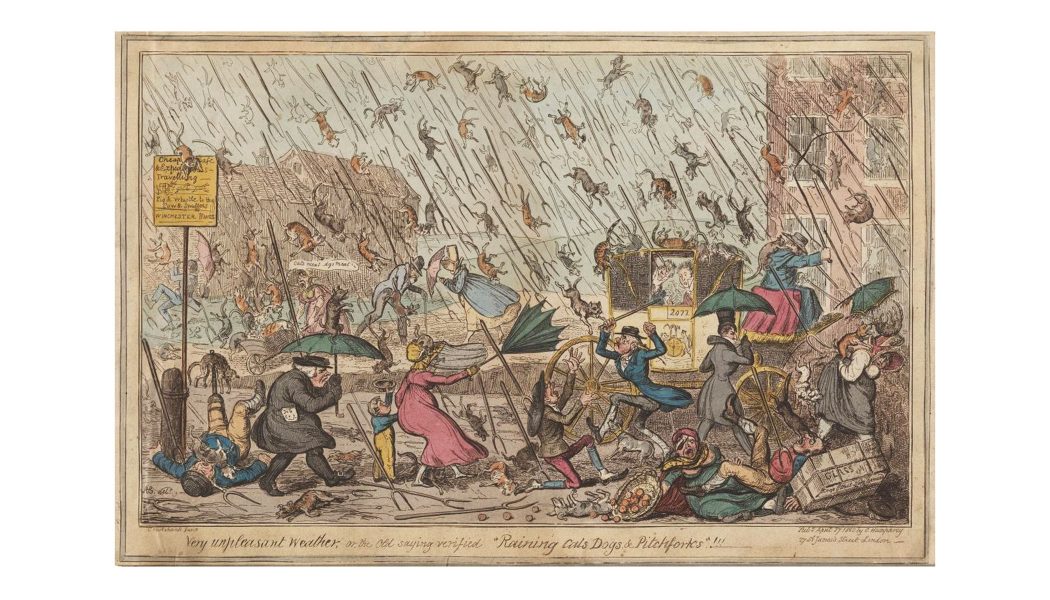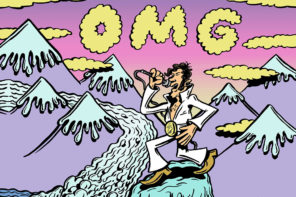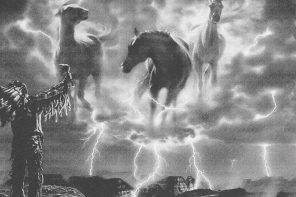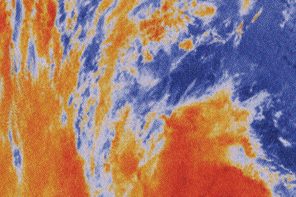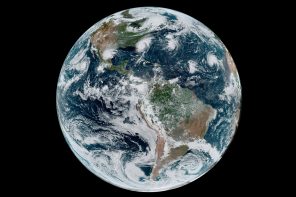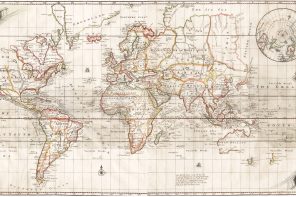Conversations Between Strangers May Never Be The Same
Generally, talk about the weather is considered mundane small talk—the diminution meant as a sort of putdown. And while, of course, there is an art to small talk, conversation revolving around what sort of precipitation is falling from the sky or how hot or cold it might be is most often thought of as a crutch for the unimaginative or a low form of conversation. Think of the guy who comes into the bar, shakes the rain off his fedora, squishes across the linoleum in his galoshes and as he sits down next you remarks, “It’s really coming down out there.”
But there’s a lot more to the little comments we make to break the ice with that attractive barista than you might think. Following are some ways small talk is really blowing up.
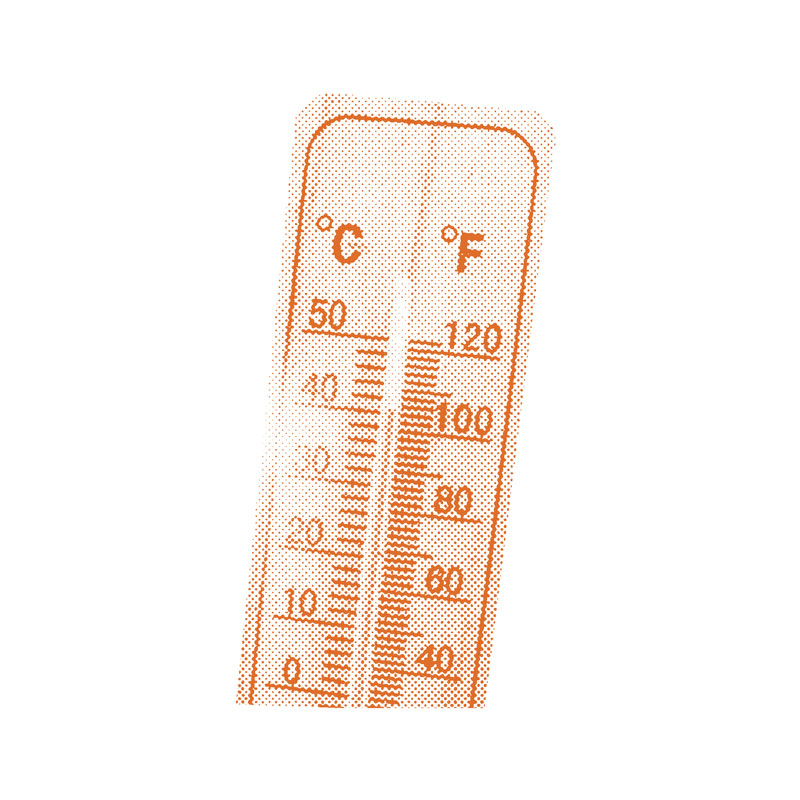
Someone might ask:
Hot enough for ya?
Maybe they mean:
It’s hot … for October. Temperatures are rising worldwide due to carbon emissions and greenhouse gases causing quite a few more consequences than not having to wear your sweater in the fall. Yemen has been facing the repercussions of rising temperatures for years, resulting in higher malaria rates, water shortages, and maybe the outbreak of civil war brought on by these stresses. Not so hot, eh?
When it rains and somebody remarks:
Well, we need it.
Could mean:
We aren’t the only ones that could use some rain. Did you know the extreme droughts in the Amazon rainforest have led to vital and irreplaceable tree species dying off and an increased frequency of forest fires, subsequently leading to the accelerated loss of biodiversity, loss of plant life that would otherwise trap carbon dioxide, loss of natural medicines, and the destruction of land inhabited by indigenous tribes?
Somebody asks:
You ready for this storm?
Maybe they mean:
This tropical storm might totally decimate Haiti when it hits the island as a hurricane considering the increasing temperature of the planet increases the frequency of tropical cyclones forming in the oceans developing into high-intensity hurricanes. Storm surges combined with already rising sea levels have heavily impacted the freshwater quality on the island, contaminating drinking water and negatively impacting the agricultural industry. But yeah, let’s get a few extra rolls of toilet paper and some D batteries.
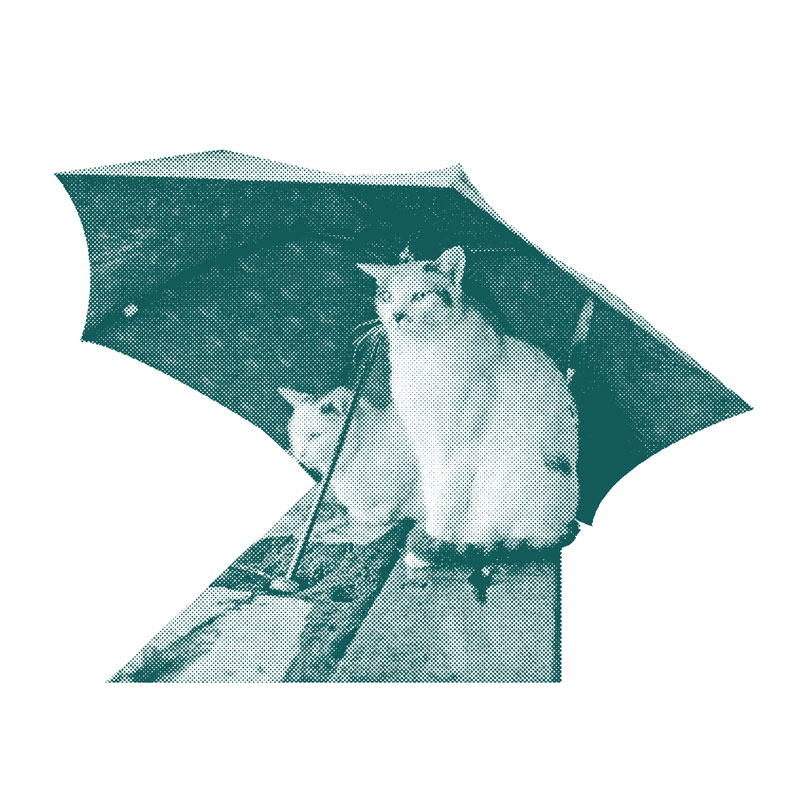
Someone says:
It’s really coming down out there.
What they might mean:
Changes in the climate have resulted in an increased frequency of heavy rainstorms, especially in Lagos, Nigeria. The high levels of rainfall in combination with rising sea levels from melting glaciers have led to severe flooding, leaving businesses, homes and vehicles submerged. If this level of flooding continues, Africa’s largest economy could be destroyed. Sorry about your suede jacket though, stranger.
Someone says:
We could really use some rain, huh?
Could mean:
Yeah, but so could Gansu, China. Droughts in this province have caused more than 28,000 rivers to completely disappear since the 1990s. The newly arid climate has caused farmers to struggle to maintain agriculture and if this continues, there will soon not be enough water per person, further increasing skyrocketing poverty across the province.
Someone remarks:
The weather can’t make up its mind, can it?
What they’re really saying:
Sunshowers are crazy, sure. But Madagascar faces much more severe consequences than seeing a rainbow while it’s still raining. Extended dry seasons have deprived bamboo of water resulting in a limited food source for native lemur species on the island. But, when it rains, it pours. Heavy rainfall plus rising sea levels have increased flooding on the island, destroying habitats and mangrove forests that hold the island together.
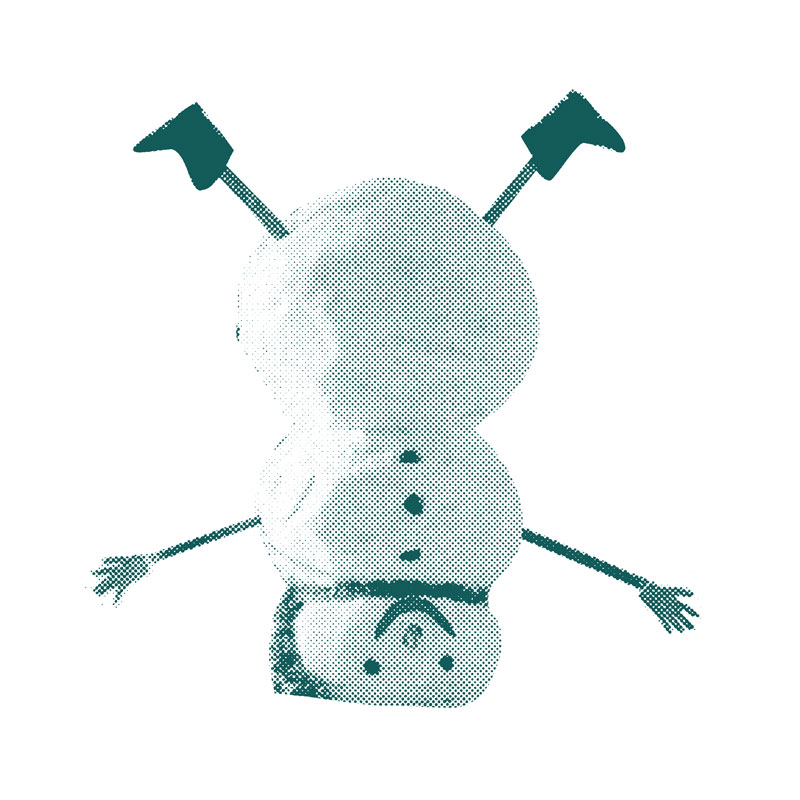
I’m so ready for it to stop snowing.
They just might mean:
Not so good if you’re in the Yamal Peninsula in Russia. Higher temperatures have resulted in a shorter winter season, turning heavy snowfall into heavy rainfall. Once the rain falls, it freezes over the tundra making it more challenging for reindeer species to dig and find food during the winter. With reindeer populations drastically decreasing, the population of indigenous peoples of Russia is concurrently diminishing in size. Let it snow. Please.
It’s hot as hell.
What they could be talking about:
And as a result, so is the ocean. The Great Barrier Reef has lost
60 percent of its subaquatic cityscape due to coral bleaching from increased water temperatures—a phenomenon that occurs when the live organisms of coral starve, leaving just the white endoskeletons they used to occupy. This causes an extreme disruption in the reef ecosystem, leaving various species without food or habitat and subsequently affecting each tier up the food chain. Here’s a fan.

